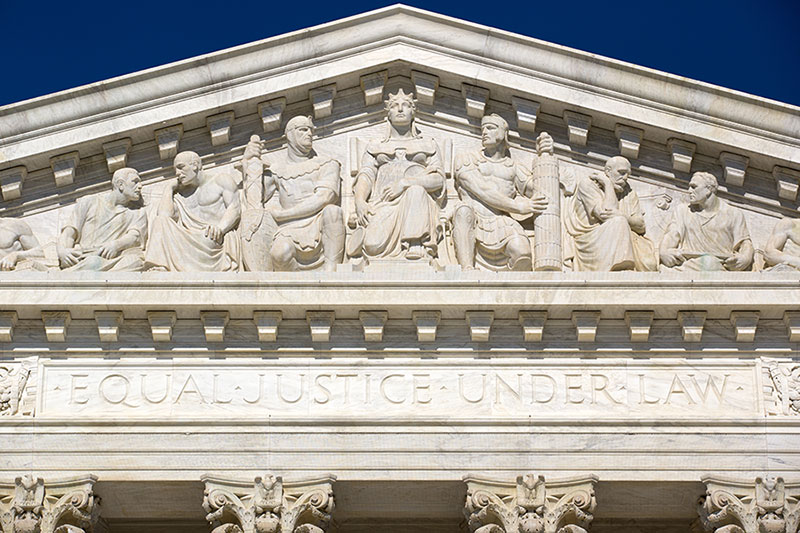
Today marks the second anniversary of the Supreme Court’s Dobbs decision overturning Roe v. Wade. Since Dobbs, 14 states have imposed total abortion bans and many others have executed new restrictions on healthcare access. As individual states continue to enforce new restrictions on reproductive healthcare, the legal landscape has become increasingly complex, forcing prosecutors to navigate the murky intersection of criminal justice and reproductive health.
Currently, 41 states have some form of abortion restriction in place, few of which contain any exceptions—and many of the exceptions that do exist are vague and inconsistent about what qualifies as a medically necessary abortion. This legal terrain has meant that many medical providers have focused on determining the legality of life-saving reproductive healthcare rather than on the medical needs of their pregnant patients. The ambiguities and uncertainties about the meaning and reach of abortion restriction laws have fostered a climate of fear for those who provide or receive reproductive healthcare. Fear of prosecution has led medical providers to refrain from providing standard of care medicine, even in cases where such care remains legal. At the same time, many people experiencing pregnancy are likewise fearful of prosecution—a fear that not only prevents patients from seeking care, but also corrodes the trusted doctor-patient relationship.
The science of reproductive healthcare is complex and, as a result, a great deal of misinformation exists. As prosecutors are being asked to make decisions about using the law in response to the seeking of reproductive care, there are important, scientific facts that they must understand. Prosecutors must equip themselves with the knowledge necessary to ensure justice for all individuals involved in reproductive healthcare; doing so requires consultation and conversations with doctors and medical experts. Prosecutors should also understand reproductive justice and the ways in which abortion restrictions disproportionately affect impoverished women and women of color. Prosecutors must also be aware of the consequences of the criminalization of healthcare and recognize the harms that abortion restrictions inflict on individuals and communities.
To aid prosecutors in understanding reproductive healthcare and dispelling common misunderstandings, the Institute for Innovation in Prosecution has published this guide, listing myths and facts, based on extensive consults with medical experts, reproductive healthcare providers, and experts in reproductive justice work.



